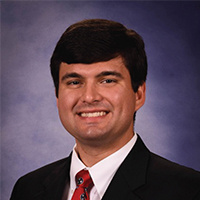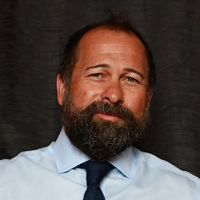Oliver Springs Felony Lawyer, Tennessee
Not enough matches for Oliver Springs Felony lawyer.
Below are all Oliver Springs Criminal lawyers.
Matthew Janson McClanahan
✓ VERIFIEDAccident & Injury, Estate Planning, Litigation, Business, Criminal
Matthew is a proud native-born Tennessean and the third generation to live on my family’s farm. His roots trace back to his ancestor and the first g... (more)
L. Eric Ebbert
✓ VERIFIEDAccident & Injury, Social Security, Estate, Divorce & Family Law, Criminal
L. ERIC EBBERT is the owner of the Ebbert Law Firm, which he created in 2020. He is licensed in both Tennessee and Florida. He practices in the areas ... (more)
Troy Lee Bowlin
✓ VERIFIEDCriminal, Civil Rights, Wrongful Death, Accident & Injury, Business
Attorney Troy Bowlin is the founding attorney of The Bowlin Law Firm. He relentlessly fights for his clients in their specific cases, whether it invol... (more)
William J. Taylor
Criminal, Divorce & Family Law, Accident & Injury, Personal Injury
Status: In Good Standing Licensed: 30 Years
Devin Spence Devore
Litigation, Family Law, Criminal, Disability
Status: In Good Standing Licensed: 12 Years
Allison Hotz Ankrom
Divorce & Family Law, Criminal, Car Accident, Litigation
Status: In Good Standing
James Hickman
Government, Divorce & Family Law, Felony, Criminal
Status: In Good Standing Licensed: 47 Years




